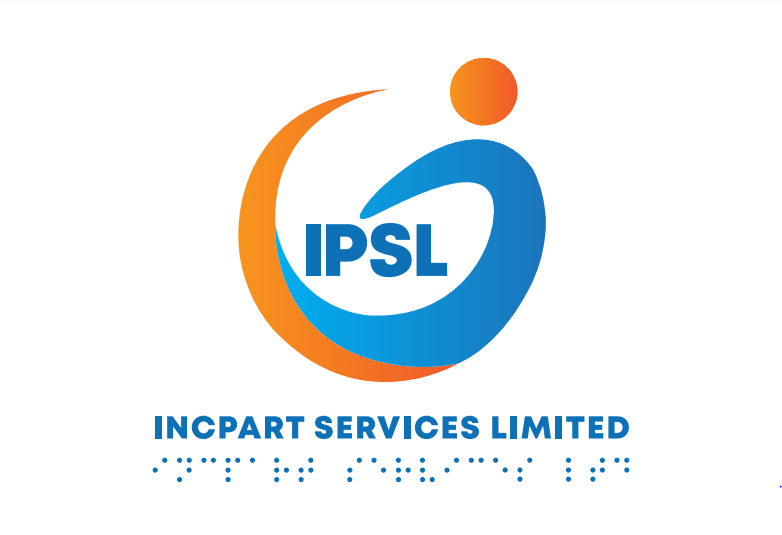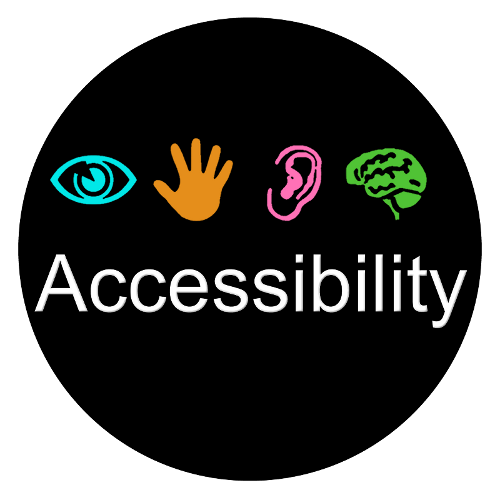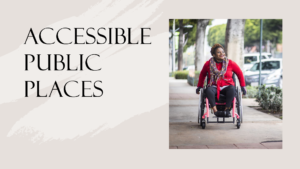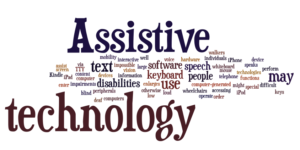Accessibility is a crucial aspect of building a more inclusive society where everyone can participate fully. When we talk about accessibility, we refer to designing and providing equal opportunities for individuals with disabilities to access and benefit from various products, services, and environments. An accessible world means creating spaces and systems that are usable by all, regardless of their physical or cognitive abilities. By focusing on accessibility, we can break down barriers, promote inclusivity, and ensure that individuals with disabilities can enjoy the same rights and opportunities as everyone else.
In recent years, there has been a growing awareness of the importance of accessibility in various spheres of life, including technology, transportation, and infrastructure. Technological advancements have allowed for the development of assistive devices, such as screen readers and braille displays, which enable individuals with visual impairments to access digital content. Likewise, accessible transportation systems, such as ramp-equipped buses and tactile paving, have made it easier for people with mobility challenges to move around independently. By investing in universal design and considering accessibility from the start, we can ensure that these advancements benefit as many people as possible.
Moreover, discussions around accessibility should also extend to the social and cultural aspects of our society. A truly accessible world encompasses not only physical barriers but also attitudinal and communication barriers. This means fostering inclusive attitudes towards individuals with disabilities, challenging stereotypes, and promoting awareness. It involves providing information in accessible formats, such as sign language interpretations or captioning, so that everyone can understand and participate in conversations. By actively engaging in conversations on accessibility, we can identify areas for improvement and work towards creating a more inclusive society.
In conclusion, talking about accessibility is essential for creating a more inclusive and equitable world. It involves recognizing and addressing barriers, whether they are physical, technological, attitudinal, or social, in order to ensure that individuals with disabilities have equal opportunities and can fully participate in all aspects of life. By embracing accessibility, we can foster a more diverse, inclusive, and accessible society where everyone’s rights and capabilities are valued and respected.





This is very informative, thanks for creating awareness. Kudos IncPart
It’s an honor!